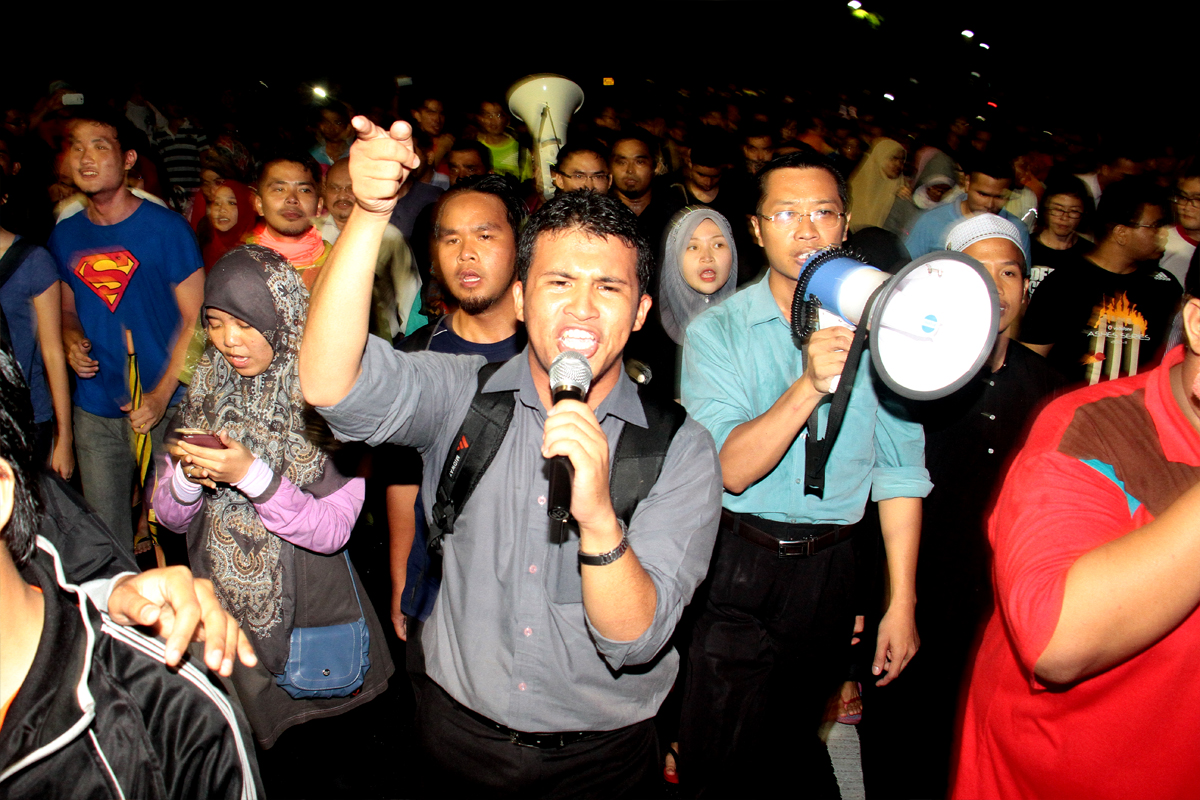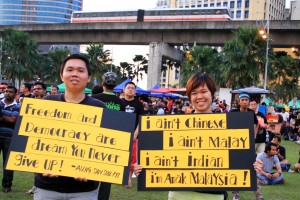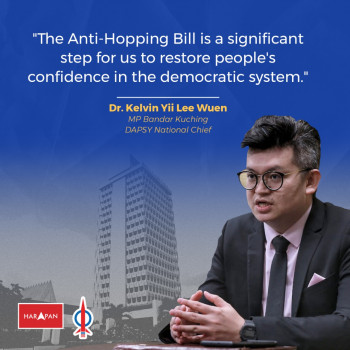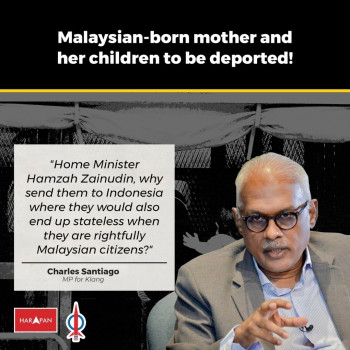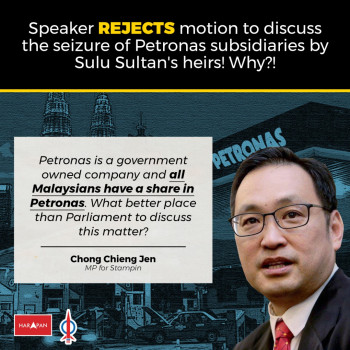By Hon Juin Wong
Inexperience, naivety and ignorance are words often associated with the youth population of the world. While this may have been true once, these words and characteristics only serve to paint a false image of a generation that is disinterested with current affairs and the political climate of their nation.
However, this couldn’t be further from the truth. Across the world, the young are headlining efforts that dispel this notion.
Pakistan’s Malala Yousafzai became the youngest recipient ever of the Nobel Peace Prize in 2014 at the tender age of 17. She was awarded for her efforts against the suppression of children and young people and for the right of all children to education.
In Hong Kong, university students made headlines globally when they took to the streets to demand electoral freedom and to protest against China’s announcement that it would vet political candidates in the 2017 elections. Young men and women were pivotal in the wake of the Arab Spring, the revolution which saw many leaders in the Middle East forced from power after decades of oppression and corruption.
How the youth are changing the world is also evolving.
Voting still remains the primary way of measuring the relationship individuals have with politics and governments, but it is one that can no longer apply to a generation strongly disillusioned with politicians, political parties and even the mainstream media.
This is in spite the Elections Commission putting 70% of Malaysia’s 4.2 million unregistered voters between the ages of 21 and 40.
Instead, citizens are boycotting companies, signing petitions and heading to the internet (primarily through social media) to express their feelings.
Take ‘To Write Love On Her Arms’, a non-profit organisation in the United States dedicated to helping young people struggling with depression and suicide, for example.
The NPO has been using social media to communicate its messages, and in response, more than 279,000 people follow their tweets with over a million people liking their Facebook page.
This is reflected in Malaysia, where video-blogging has seen a rise with the establishment of sites like EngageMedia.com and PopTeeVee.net, along with an increase in activist bloggers using the internet to express their dissent.
A 2014 study published in Asian Social Science corroborates this trend: it found that young people no longer rely and trust information from the mainstream media and instead seek alternative sources available on social media, where freedom of expression isn’t restricted.
Video-blogging and the freedom of social media has provided an opportunity for previously-silenced voices to be heard and for citizens to promote causes and issues that are negatively affecting their community: stories of child abuse, videos of Malaysia’s Bersih rally, etc.
The same study found that Malaysian university students feel a “personalised responsibility in expressing how they feel toward the institutionalisation of the state and its systems”, and rightfully so.
Youths all across the world will be inheriting serious domestic and international problems that were created by those that pre-dated them: rising unemployment, environmental calamity, corruption and debts, a struggling economy. Rather than relying on the same people who created or made no effort to improve those problems, youth activists are focusing on what they can do and how to engage other individuals.
It’s a future far more hopeful than what politicians would like the general public to believe in.
The Global Millennial Survey, which surveys over 12,000 people from 27 countries, found that while less than half participate in their nation’s political process, a surprising 74 per cent were optimistic and driven about creating positive change. Rather than underestimate youth activism, or think that all youths are politically apathetic, politicians and the older generations need to come to terms that there is more to societal change and political engagement that going to a ballot box.

